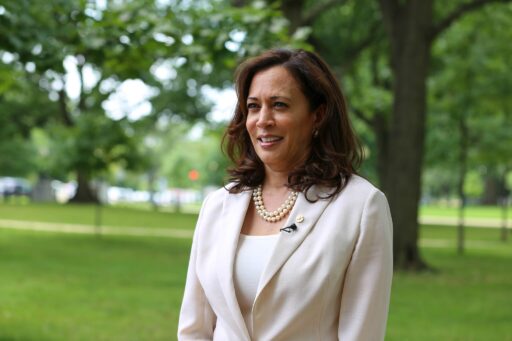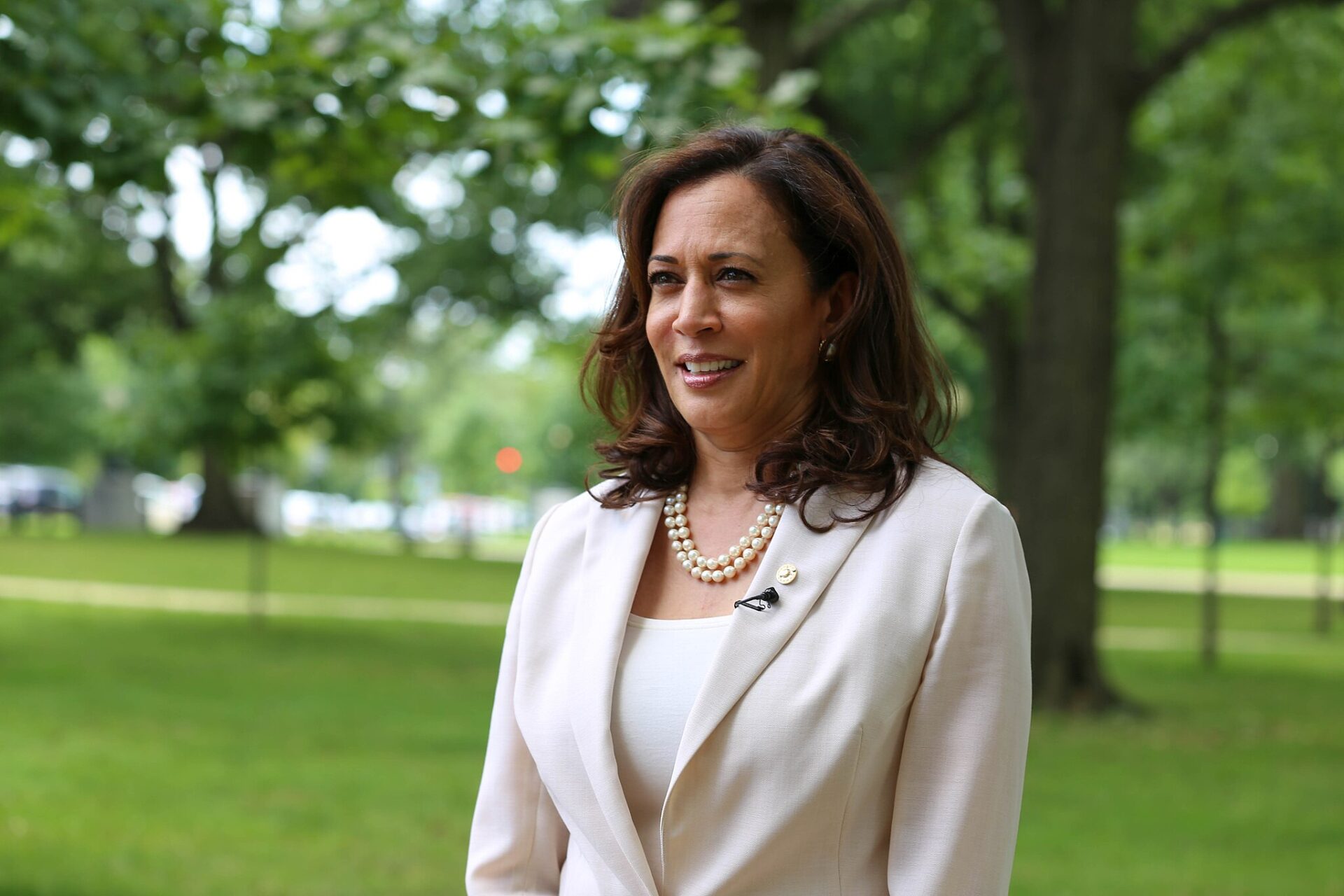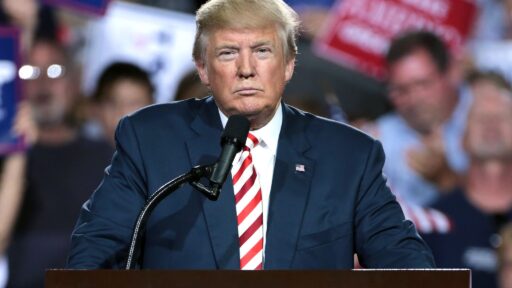Kamala Angers The Far-Left
Vice President Kamala Harris is facing criticism from progressives following her recent interview with CNN’s Dana Bash. This interview, the first for Harris and her newly announced running mate, Minnesota Governor Tim Walz, came at a time of heightened scrutiny. Since Harris began her presidential bid after President Joe Biden exited the race, she has been under fire from Republicans for her reluctance to engage with the media.
The Harris-Walz campaign has generated notable enthusiasm among Democrats, with polls indicating that Harris is outperforming Biden’s previous numbers and is currently leading against Donald Trump. Despite this, some progressive factions are challenging her positions on key issues such as fracking and the Israel-Hamas conflict.
A significant point of contention has been Harris’ stance on Israel. Many progressives, including Representative Rashida Tlaib, are advocating for a cessation of U.S. support for Israel amidst the ongoing conflict with Hamas. However, Harris has maintained a firm position in support of Israel’s right to self-defense, stating unequivocally, “I am unwavering in my commitment to Israel’s defense and its ability to defend itself.” This stance has drawn sharp criticism from those who view it as contrary to their support for Palestinian rights.
Another area of disagreement involves Harris’ shifting stance on fracking. In 2019, she expressed strong opposition to banning fracking, a method associated with significant environmental concerns such as methane emissions. Yet, during her CNN interview, she confirmed her opposition to a ban, stating, “I will not ban fracking,” reflecting a policy shift from her earlier position. This has displeased some progressive voices, including Briahna Joy Gray, who criticized Harris for her pro-fracking stance, and Democracy Now!, which called for a more aggressive approach to reducing fossil fuel use.
As President Biden sets ambitious climate goals, including reducing U.S. emissions and transitioning to clean energy, Harris’ comments on fracking contrast with the preferences of many Democrats who favor renewable energy sources. Despite the pushback from progressive circles, some observers view Harris’ interview positively, noting her focus on policy and her controlled responses to challenging questions. According to Susan McWilliams Barndt, a political science professor, Harris and Walz handled the interview effectively by maintaining a serious and policy-oriented approach.
In summary, while Harris’ interview generated significant debate, it also underscored her commitment to her established positions and highlighted the ongoing tensions between different Democratic factions.






